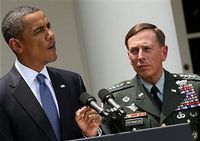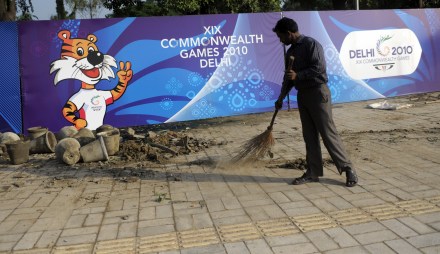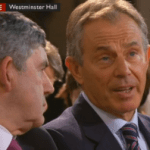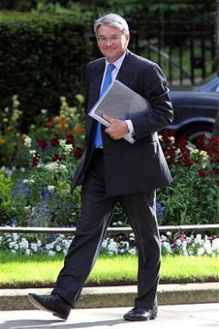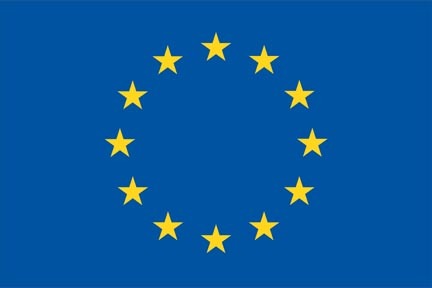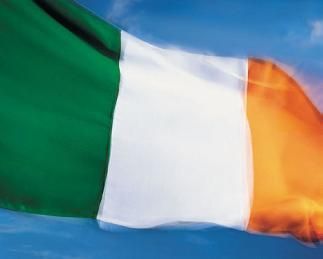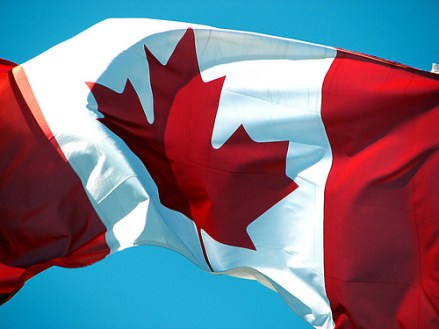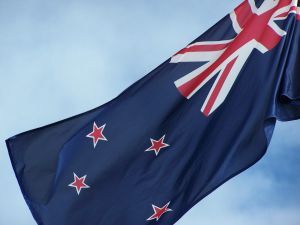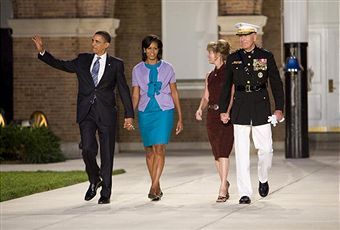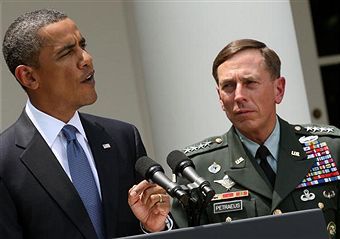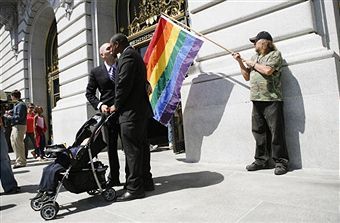The X-Factor
Bob Woodwood could write a cookbook and it would be a bestseller, but Obama’s Wars, his latest book, will wreak quiet havoc beyond bookshops because Afghanistan already lours over Obama’s presidency. 9 years into the conflict and the limits of victory have been re-defined in the Taliban’s favour. The spat between the White Hosue and Stanley McCrystal has been replaced by further controversy with Petraeus over the withdrawal strategy. Woodward’s book is impartial, but he has given an acidic interview to the Sunday Telegraph where he implies that, when it comes to war, Obama doesn’t have the ‘x-factor’. The inherent contradiction between America’s current full engagement and proclaimed imminent withdrawal
